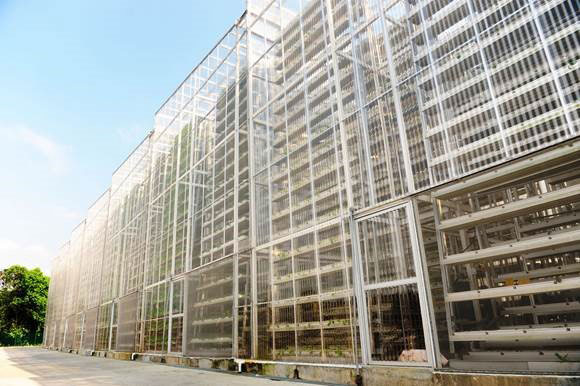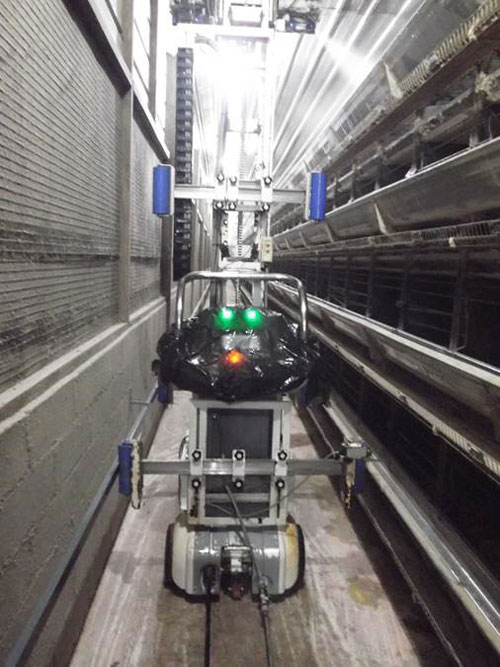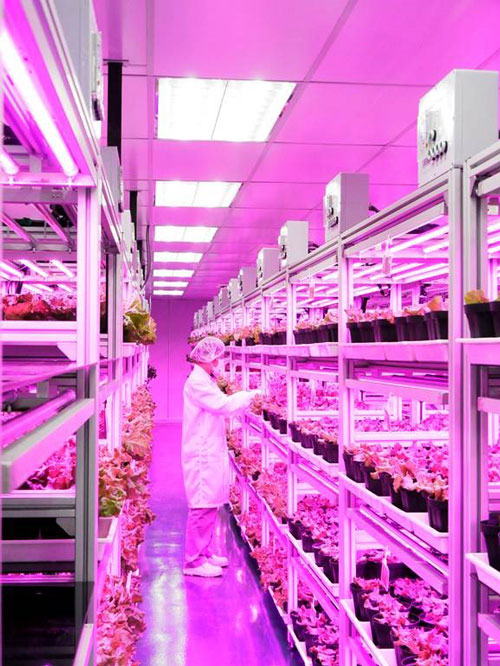Singapore is a small nation with land and labour constraints, and is not insulated from the impact of climate change. Hence, we need to think of creative and sustainable ways to grow our own food.
In recent years, a new breed of progressive farmers — including Sky Greens, Panasonic Factory Solutions Asia Pacific, Swee Chioh Fishery, Metropolitan Fishery Group, and Seng Choon Farm — has emerged. These technologically-savvy agricultural professionals, or ‘agri-technologists’ and ‘agri-specialists’, are the forerunners of Singapore’s future agri-food production, and to become truly sustainable, Singapore needs more farms to follow in their footsteps.

The farming industry needs to collectively embrace technology and break new ground. AVA is thus committed to partnering with farmers in adopting modern practices, embracing technology as a multiplier to help them do more with less.

New initiatives have been rolled out, such as the Agriculture Productivity Fund (APF) which farmers may tap on to invest in innovative technologies and advanced farming systems. From April this year, the APF will disburse up to 30 percent of the approved funding quantum upfront, to facilitate the adoption of technology. This will complement AVA’s move to increase the tenure of farm lands from the previous blocks of 10-years to 20-year leases, following industry feedback.
To enable our local farmers to play an active role in transforming our farming sector, AVA also formed an Industry Consultation Panel (ICP) early this year. Through the ICP, farmers, researchers, academics, and policymakers will work together to innovate, co-create, and transform our farming sector through technology.
Through discussions involving the ICP and farmers, AVA has now developed a Farm Transformation Map to guide the transformation of Singapore’s farming sector in four areas — physical space, innovation, people development, and the larger broad ecosystem.

AVA is also adopting a new ‘account management’ approach for farms. Each farm in Singapore will now have a dedicated account manager to advise them on business development, technology adoption, and financial assistance.
While AVA works with local farmers to boost production and capability, we also encourage consumers to support the local farming industry by buying local produce. Doing so will support the business of our local farmers and spur them to raise their production levels, thereby strengthening our food security.
Read more about the Farm Transformation Map in Senior Minister of State for National Development and Trade & Industry Dr Koh Poh Koon’s Budget 2017 Speech.







